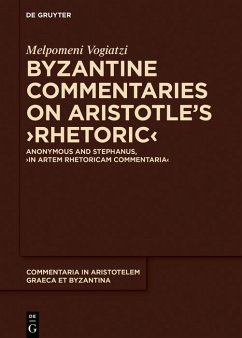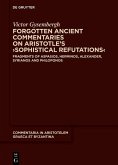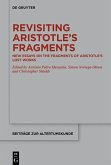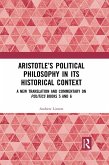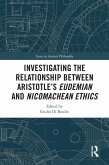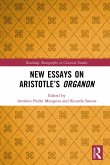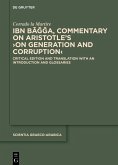Anonymous' and Stephanus' commentaries, written in the 12th century AD, are the first surviving commentaries on Aristotle's Rhetoric. Their study, including the environment in which they were written and the philosophical ideas expressed in them, provides a better understanding of the reception of Aristotle's Rhetoric in Byzantium, the Byzantine practice of commenting on classical texts, and what can be called "Byzantine philosophy". For the first time, this book explores the context of production of the commentaries, discusses the identity and features of their authors, and reveals their philosophical and philological significance. In particular, I examine the main topics discussed by Aristotle in the Rhetoric as contributing to persuasion, namely valid and fallacious rhetorical arguments, ethical notions, emotional response and style, and I analyse the commentators' interpretations of these topics. In this analysis, I focus on highlighting the value of the philosophical views expressed, and on creating a discussion between the Byzantine and the modern interpretations of the treatise. Conclusively, the two commentators need to be considered as independent thinkers, who aimed primarily at integrating the treatise within the Aristotelian philosophical system.
Dieser Download kann aus rechtlichen Gründen nur mit Rechnungsadresse in A, B, BG, CY, CZ, D, DK, EW, E, FIN, F, GR, HR, H, IRL, I, LT, L, LR, M, NL, PL, P, R, S, SLO, SK ausgeliefert werden.

